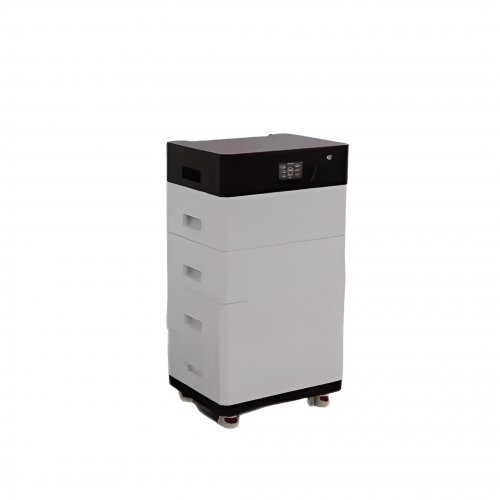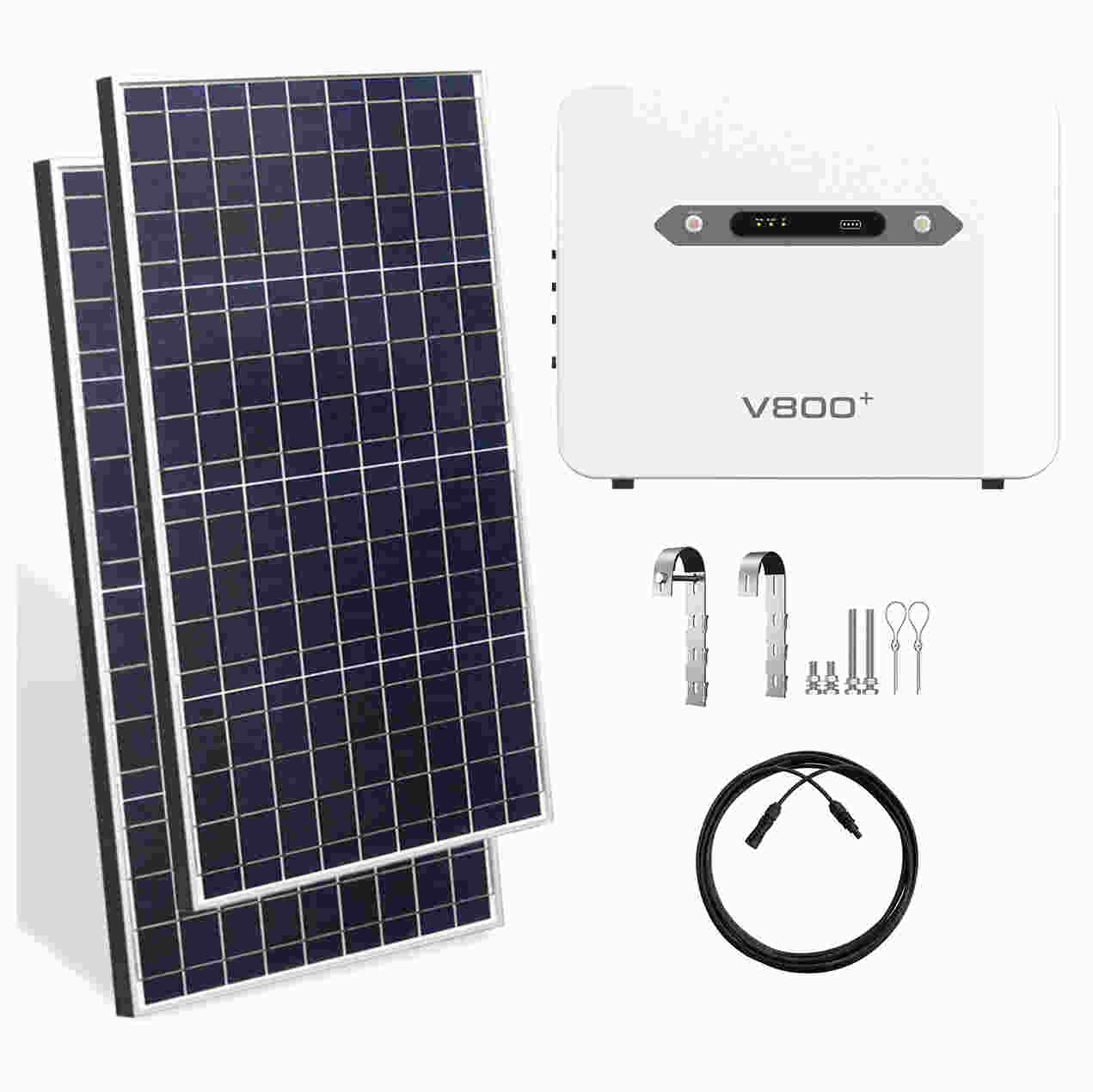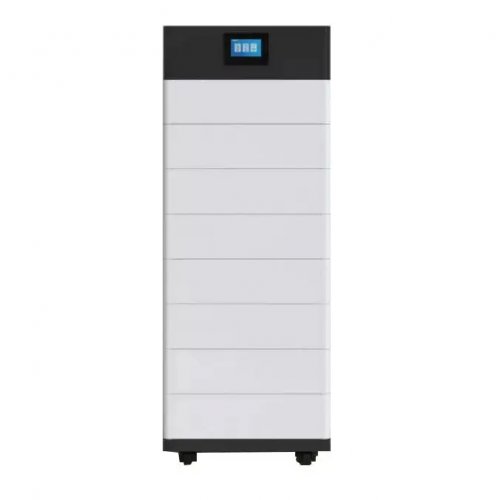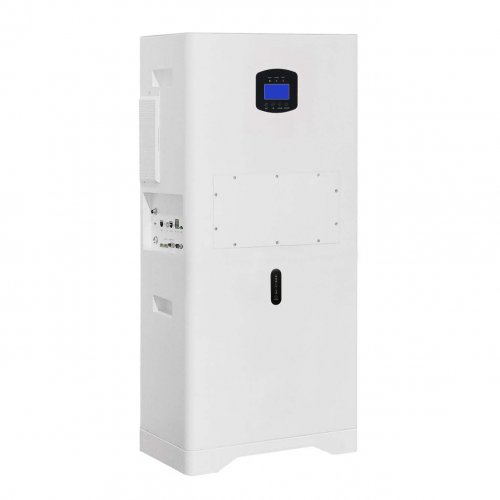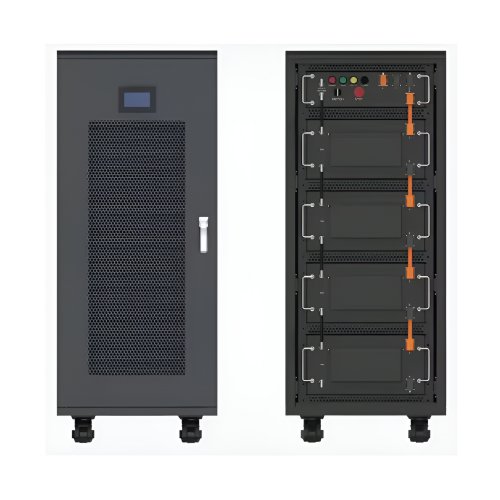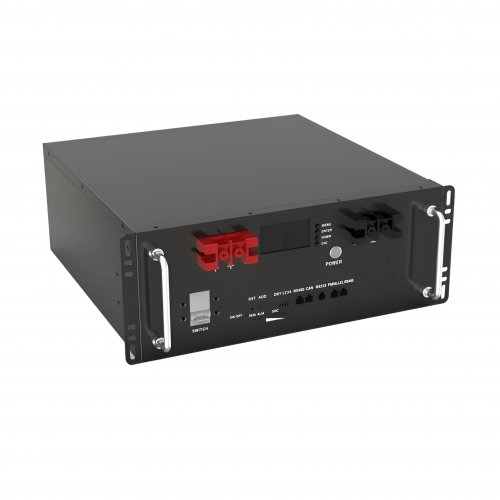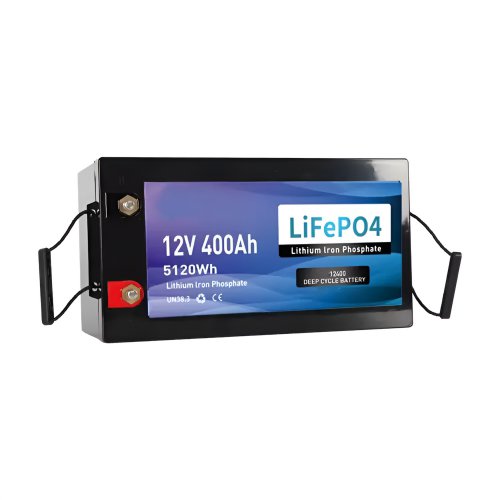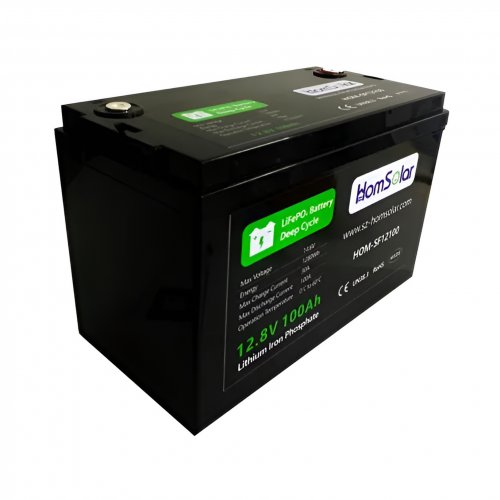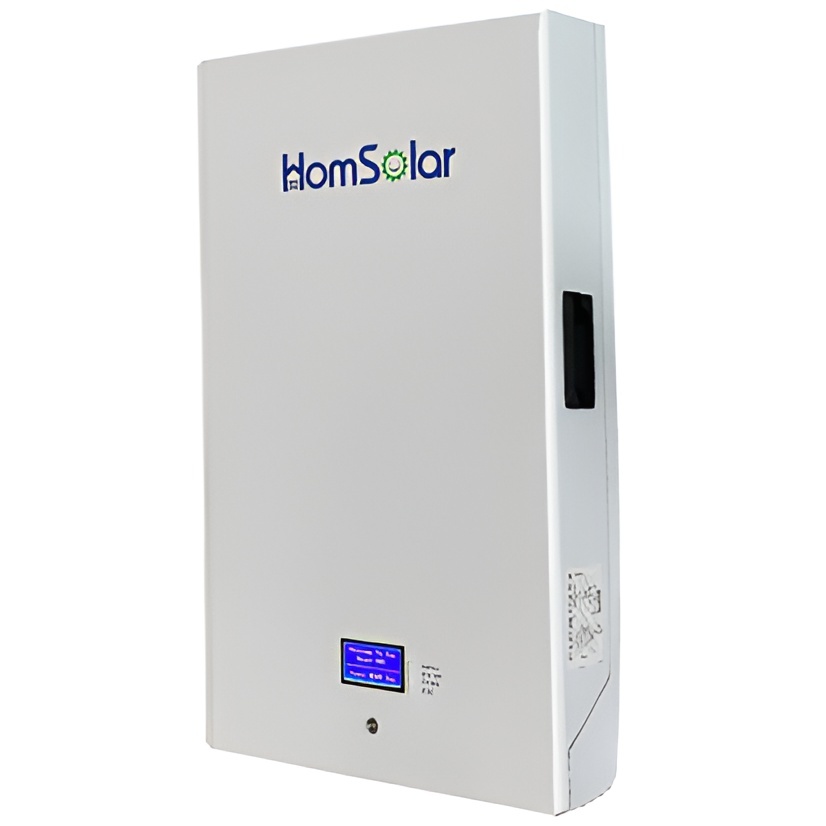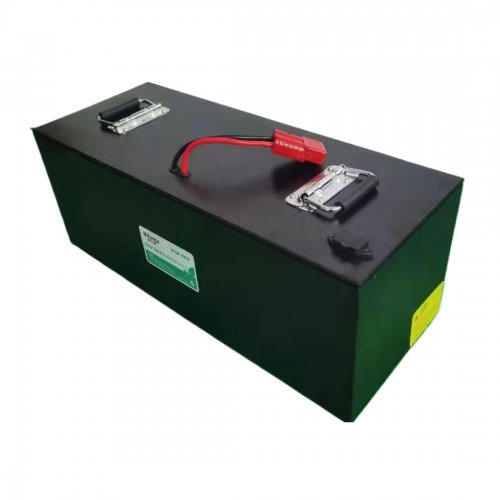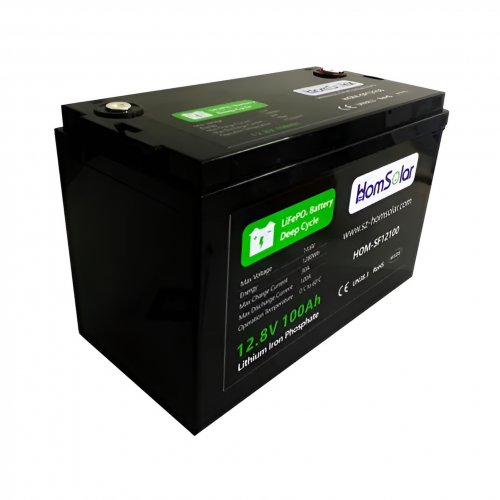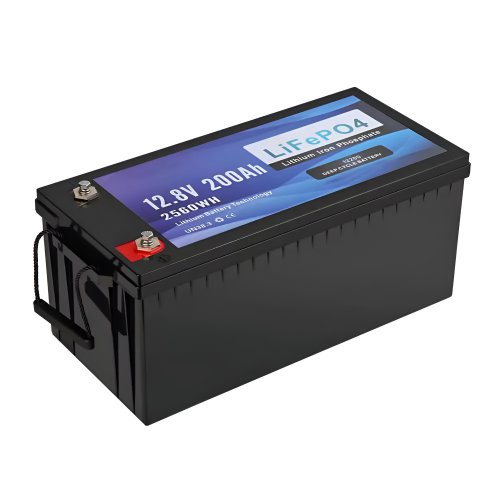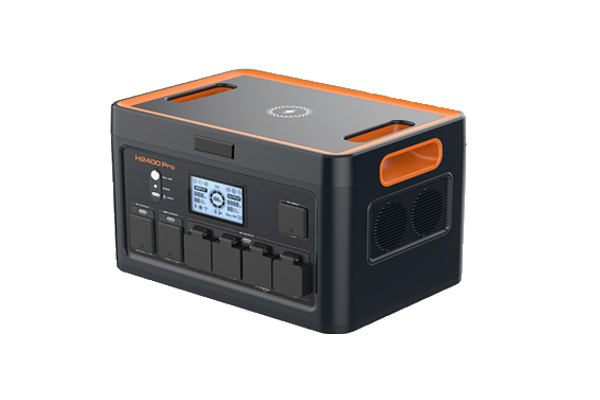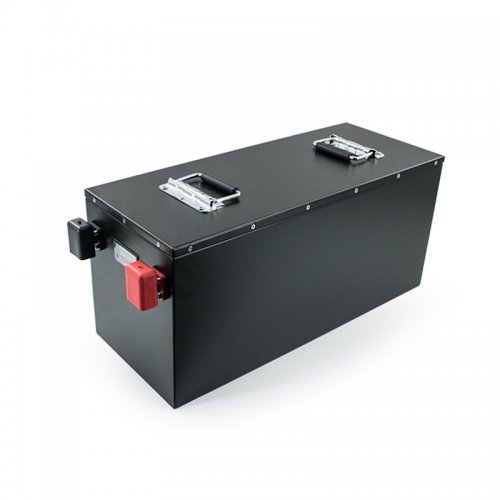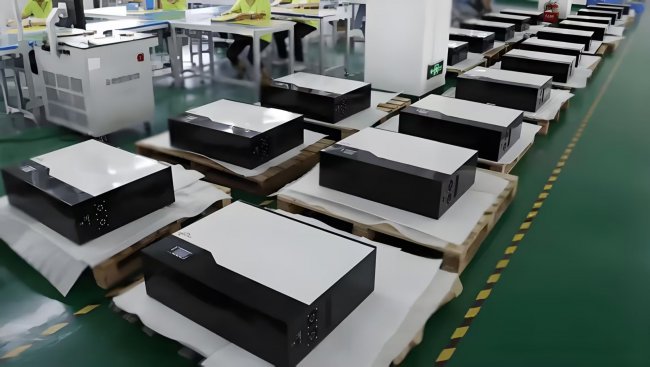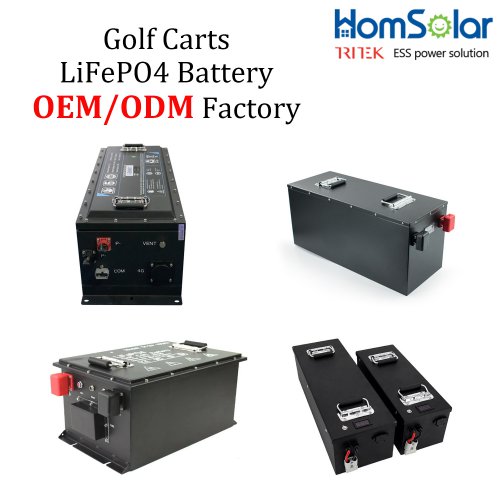Advances In Recycling Processes: Innovations, Challenges, And Future Directions
Recycling processes have become a cornerstone of sustainable waste management, driven by the urgent need to mitigate environmental degradation and resource depletion. Recent advancements in recycling technologies have significantly improved the efficiency, scalability, and economic viability of material recovery. This article explores the latest breakthroughs in recycling processes, including novel sorting techniques, chemical recycling, and bio-based approaches, while addressing persistent challenges and future opportunities.
Additionally, robotic sorting arms equipped with deep learning algorithms have been deployed in facilities across Europe and North America, reducing contamination rates by up to 30% (European Recycling Platform, 2022). Such advancements are critical for handling the growing complexity of post-consumer waste.
Another breakthrough is enzymatic depolymerization, where engineered enzymes selectively break down PET and other polyesters into monomers. French startup Carbios has commercialized an enzyme-based recycling process that achieves near-complete depolymerization of PET within 10 hours (Tournier et al., 2023). This method preserves material quality, enabling infinite recycling loops.
Circular economy models are also being reinforced through closed-loop recycling systems. For example, Apple’s robotic disassembly line, Daisy, recovers rare earth metals from discarded iPhones with 98% purity, enabling direct reuse in new devices (Apple Inc., 2023). Such initiatives highlight the feasibility of industrial-scale material circularity.
Despite these advancements, several obstacles hinder widespread adoption:This article underscores the dynamic evolution of recycling processes, emphasizing the need for sustained innovation and systemic change to achieve global sustainability goals.
Customized/OEM/ODM Service
HomSolar Supports Lifepo4 battery pack customization/OEM/ODM service, welcome to contact us and tell us your needs.


HomSolar: Your One-stop LiFePO4 Battery Pack & ESS Solution Manufacturer
Our line of LiFePO4 (LFP) batteries offer a solution to demanding applications that require a lighter weight, longer life, and higher capacity battery. Features include advanced battery management systems (BMS), Bluetooth® communication and active intelligent monitoring.

Customised Lithium Iron Phosphate Battery Casing
ABS plastic housing, aluminium housing, stainless steel housing and iron housing are available, and can also be designed and customised according to your needs.

HomSolar Smart BMS
Intelligent Battery Management System for HomSolar Energy Storage System. Bluetooth, temperature sensor, LCD display, CAN interface, UART interface also available.


Terminals & Plugs Can Be Customized
A wide range of terminals and plugs can be customised to suit the application needs of your battery products.

Well-designed Solutions for Energy Storage Systems
We will design the perfect energy storage system solution according to your needs, so that you can easily solve the specific industry applications of battery products.



About Our Battery Cells
Our energy storage system products use brand new grade A LiFePO4 cells with a battery lifespan of more than 4,000 charge/discharge cycles.



Applications in Different Industries
We supply customized & OEM battery pack, assemble cells with wiring, fuse and plastic cover, all the cell wires connected to PCB plug or built BMS.
Applications: E-bike, Electric Scooter, Golf Carts, RV, Electric Wheelchair, Electric Tools, Robot Cleaner, Robot Sweeper, Solar Energy Storage System, Emergency Light, Solar Power Light, Medical Equipment, UPS Backup Power Supply.
We can provide you with customized services. We have the ability to provide a vertical supply chain, from single cells to pack/module and to a complete power solution with BMS, etc.


HomSolar (Shenzhen) Technology Co., Ltd







